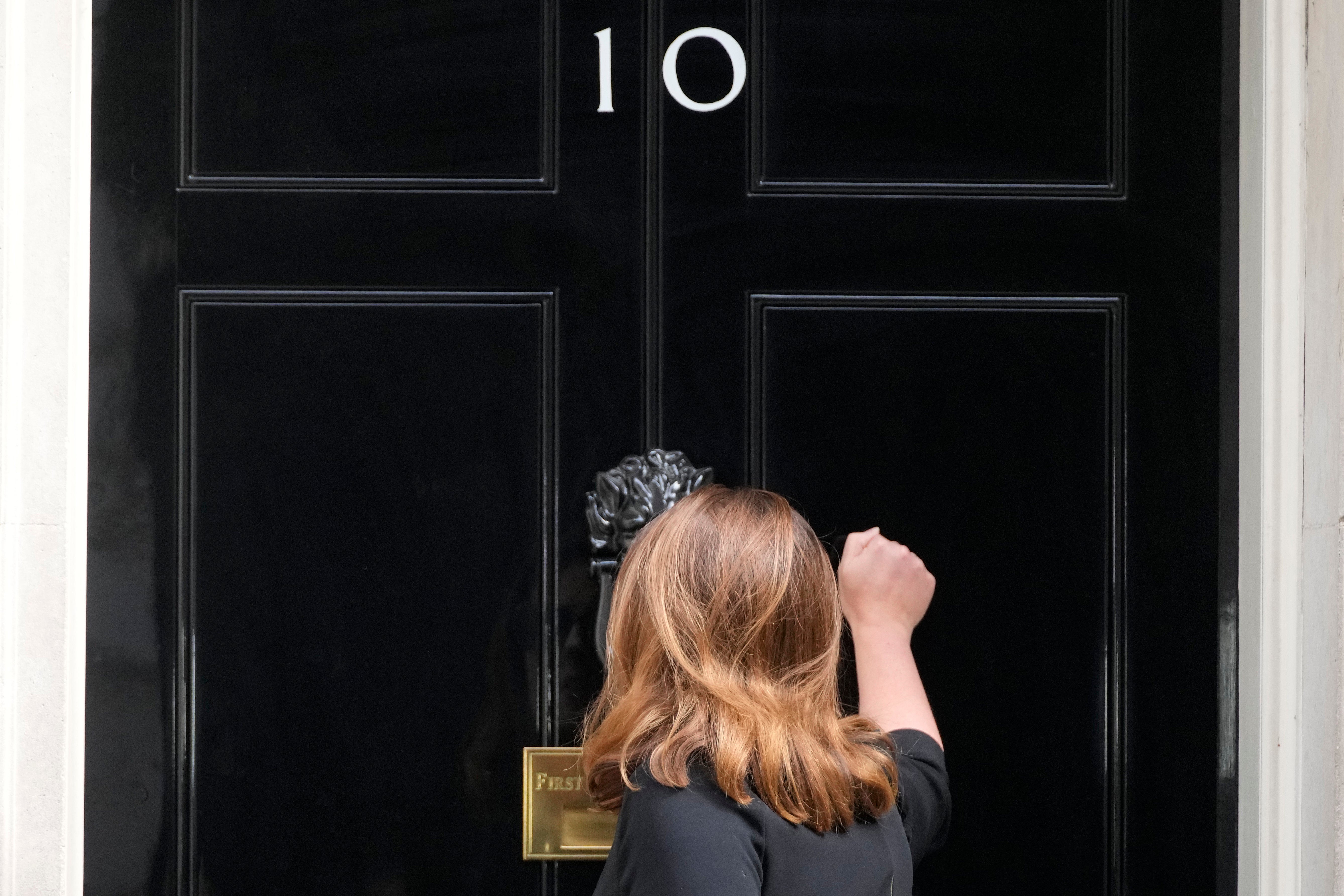Government warned over ‘political paralysis’ as chiefs fear unavoidable NHS strikes
NHS chiefs warn industrial action by junior doctors could be inevitable

Political paralysis is a threat to the NHS, leaders say as chiefs warn the government over crumbling hospitals and inevitable doctors’ strikes.
As the UK government faces political turmoil, health chiefs fear it will impact major decisions over NHS staff pay and funding for hospital buildings.
NHS Providers interim chief executive Saffron Cordery has warned the current “political paralysis and instability” in the UK is “deeply unhelpful” ahead of decisions which must be made over NHS staff pay and capital investment.
NHS chief executives have also said the government will face junior doctors strikes “without a doubt” as ministers are poised to make a decision over staff pay rises.
Trust chiefs have hit back at the government over failures to provide capital funding for their crumbing hospital buildings, warning their sites might not be standing by 2030, and could be forced to stop providing care.
As the NHS awaits confirmation of a new cabinet healthcare leaders have warned any incoming health and care secretary faces huge challenges.
Ms Cordery said the current: “Political paralysis and instability is deeply unhelpful for the NHS when we’ve got a whole range of critical decisions that that need to be made not only in capital investments but also NHS pay, how we manage the rollout of Covid boosters, how Covid will be managed as the numbers rise, with the further threat of flu and what promises to be a really busy and difficult summer, autumn and winter.
“The new hospital programme was already moving at a glacial pace and any political paralysis which will slow this progress even further will just be deeply unhelpful to trusts and their local communities who are waiting for decisions.
“On a day when we see huge political chaos, with a government that’s unable to govern effectively and make decisions, that really amplifies the impact of what’s happening for the new hospital programme, which is significant delays and challenges.”
One of the key decisions expected within the next couple of weeks is the government’s offer of a pay rise to NHS staff.
Amid mounting speculation that NHS workers could strike over pay, Ms Cordery said that any pay rise over 3 per cent could create a “significantly challenging scenario” of finding the cash in existing budgets.
The last time the government faced industrial action was in 2015 when junior doctors went on strike over major changes to their contracts.
Speaking about the risk one NHS chief said their current junior doctors were now more “militant” and more likely to strike.
They added: “They’re tired, and they’re sick of the way they’ve been treated, quite frankly.”
Another NHS chief said the representative for their junior doctor’s group reported there will be a vote for industrial action “without a doubt” and that this time around more doctors will sign up.
An unspoken crisis
Challenges around staff pay awards for the incoming government also come as NHS leaders say the Conservative manifesto promise to build 40 new hospitals is not materialising.
In October 2020 the Prime Minister announced that £3.7bn would be made available for trusts to make progress on the 40 hospitals.
It has previously been exposed that Boris Johnson’s key manifesto pledge to build 40 new hospitals actualy included more minor works such as A&E department expansions.
The government is facing a review by the National Audit Office (NAO) that could consider increasing costs due to spiralling inflation and whether the hospitals will in fact be new.
An NHS Providers’ survey of the 35 trusts involved in the new hospital programme found that half were not confident the funding they had been allocated was enough to deliver their project.
Of the 26 trusts that responded, 39 per cent said their completion date was behind schedule, and nearly two-thirds of these 62 per cent said the delays affected their trust’s ability to deliver safe and effective patient care.
Trust chiefs said the delays are impacting planned surgeries, were a “real risk to paient safety” and “one of the biggest unspoken crises creeping up on the NHS.”
One NHS trust chief warned their hospital was still waiting for funding following promises in 2019 and as now risked their boilers breaking down, ventilation systems being shut down all resulting in surgeries being stopped.
Another chief whose trust recently had to move patients from its critical care unit due risks of the ceiling falling in said: “If we don’t have a new hospital by 2030, we will actually have to close the doors, we will be unsafe, we will not be able to manage to deliver care.”






Join our commenting forum
Join thought-provoking conversations, follow other Independent readers and see their replies
Comments